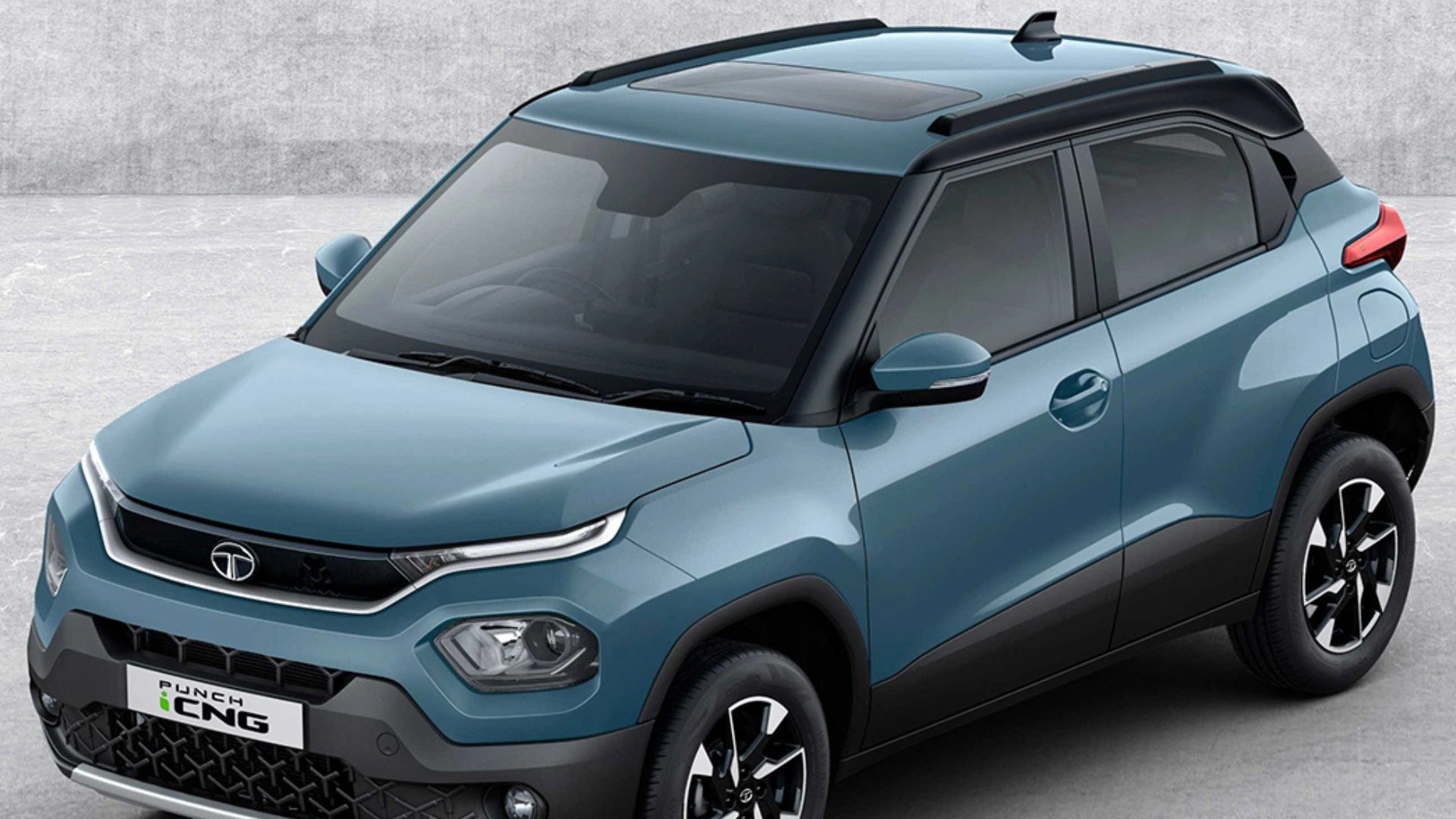Quick-commerce platform Blinkit, owned by Zomato, has recently introduced a 10-minute ambulance service in Gurugram, promising rapid medical aid at patients’ doorsteps. However, Commerce Minister Piyush Goyal emphasized the need for the service to strictly adhere to Indian laws and regulatory requirements.
Government’s Stance
Addressing reporters, Goyal stated, “Blinkit must ensure compliance with all legal requirements and that no laws are violated while operating this service.” The Minister’s remarks come amid growing scrutiny of innovative but unregulated services in India.
Details of the Service
The initiative, announced by Blinkit CEO Albinder Dhindsa, aims to address emergency response challenges. Starting with five ambulances in Gurugram, the service boasts vehicles equipped with essential life-saving equipment, including:
- Oxygen cylinders
- Automated External Defibrillators (AED)
- Stretchers and monitors
- Emergency medicines and injections
Each ambulance is staffed with a paramedic, an assistant, and a trained driver to ensure swift and effective care.
Dhindsa clarified that the service is not profit-driven, stating, “Our goal is to solve this critical problem for the long term while keeping costs affordable for customers.”
Blinkit’s Broader Services
Primarily known for delivering groceries, daily essentials, and beauty products, Blinkit’s foray into emergency healthcare reflects its commitment to diversifying its offerings.
Broader Industry Discussions
On the same day, Goyal also met with stakeholders from the electric vehicle (EV) sector to discuss battery charging and swapping infrastructure development. Representatives from major companies like Tata, TVS, and Mercedes-Benz India participated in the discussions.
Key topics included:
- Placement of EV charging and swapping stations
- Standardization of equipment and processes
While Blinkit’s 10-minute ambulance service addresses a critical need, the initiative must navigate regulatory hurdles to ensure its seamless and lawful operation. As the EV and quick-commerce sectors continue to innovate, collaboration with government and adherence to legal standards will be crucial for sustainable growth.




















